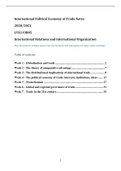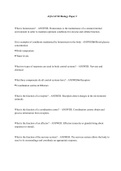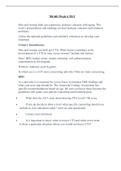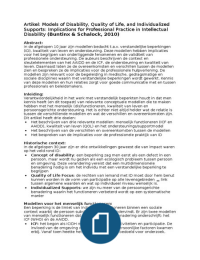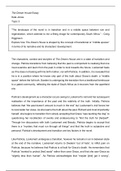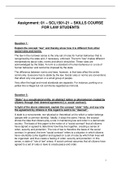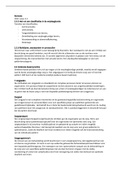College aantekeningen
IPE of Trade Notes
- Instelling
- Rijksuniversiteit Groningen (RuG)
This document contains notes from the lectures and summaries of some of the readings. Summaries of readings: 1. Trade and Poverty in the Poor Countries By Jagdish Bhagwati and T. N. Srinivasan 2. The Case for Free Trade By Jagdish Bhagwati 3. Kicking Away the Ladder: Infant Industry Promot...
[Meer zien]
